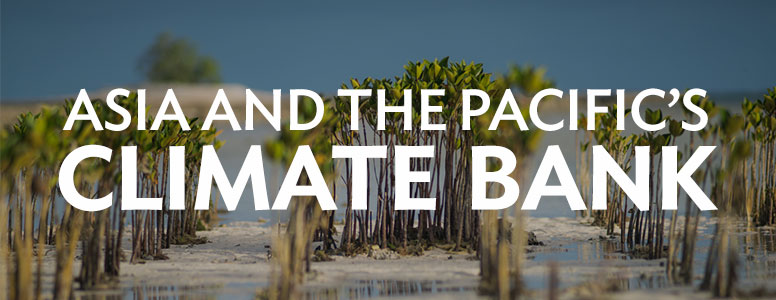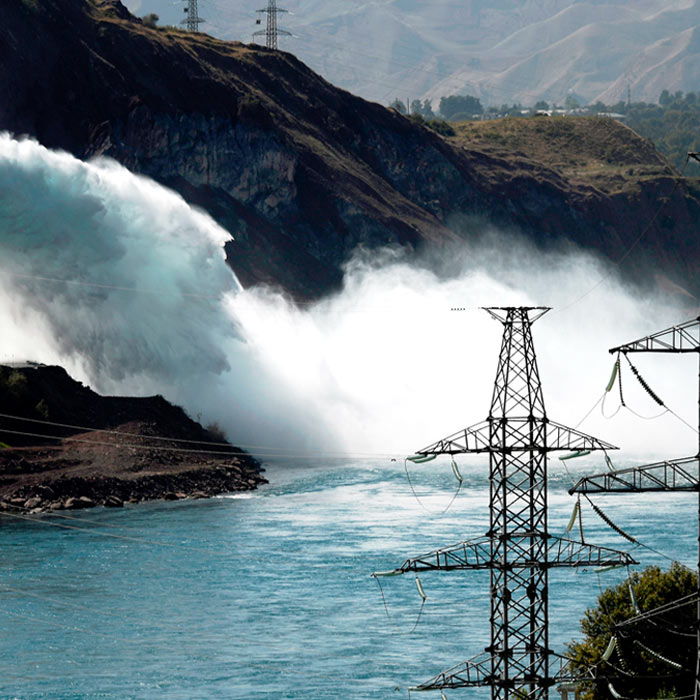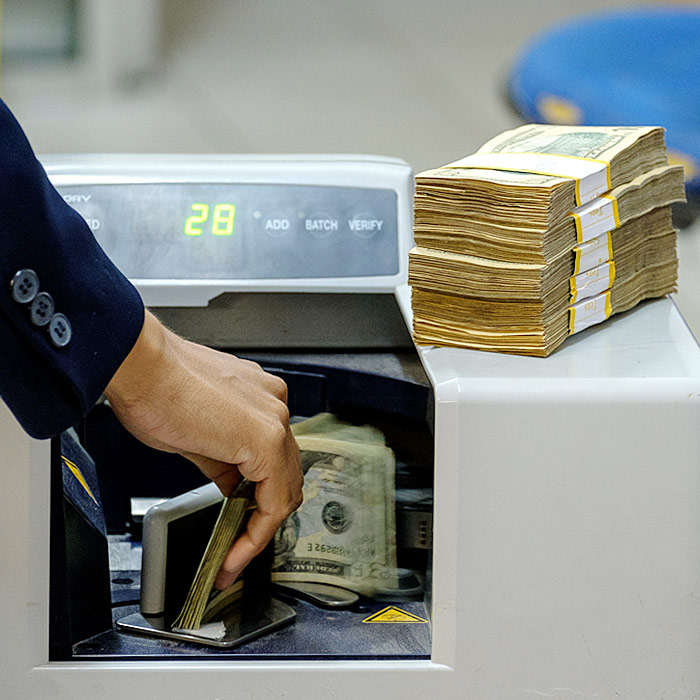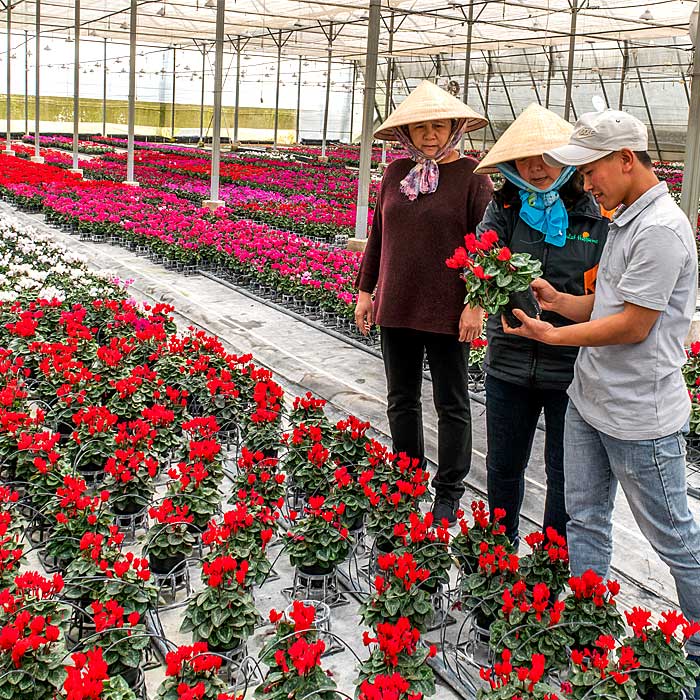Finance Sector
ADB supports developing a well-regulated, stable and competitive financial sector across Asia and the Pacific that can effectively mobilize finance for sustainable development, strengthen resilience, and expand financial inclusion to help to end poverty, fight inequality, and tackle climate change.
- Jump to:
- What ADB Is Doing
- What ADB Has Done
- What's New
-
Developing Asia infrastructure investment needs,
2016-2030Developing Asia needs investment of $1.7 trillion per year in infrastructure to maintain its growth momentum, tackle poverty, and respond to climate change.
-
Global Trade Finance
GapThe global trade finance gap grew to a record $2.5 trillion in 2022 from $1.7 trillion two years earlier, as rising interest rates, flagging economic prospects, inflation, and geopolitical volatility reduced the capacity of banks to deliver trade financing.
-
Adults with a Bank, Financial Institution, or
Mobile-Money Service Provider Account, 2017About 2.7 billion people worldwide, or 70% of adults in developing countries, have no access to formal financial services, such as bank accounts or loan facilities.
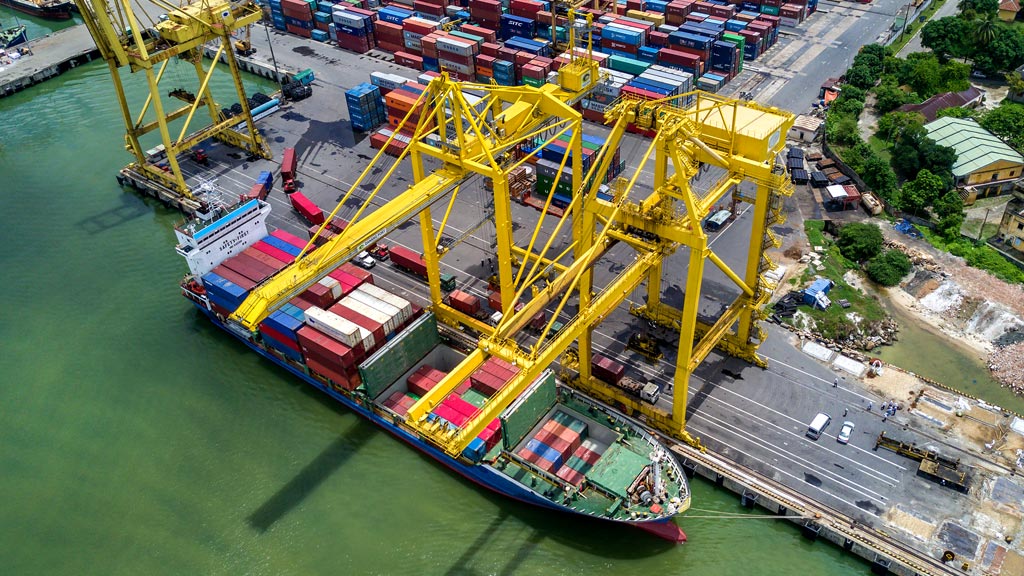
Finance Sector operations support ADB’s new climate agenda across banking, insurance, and capital markets, intending to foster financial product innovations that will support initiatives for investing in quality infrastructure, financial digitalization and increasing inclusion of MSMEs and women. Besides enabling private sector-led growth, it will also offer environmental and social benefits.
ADB's Trade and Supply Chain Finance Program fills market gaps for trade finance by providing guarantees and loans to banks to support trade. ADB is mainstreaming inclusive financing and has been actively promoting innovation and best practice in microfinancing to include savings, payments, remittances, insurance, and pensions. The bank also supports the development of Islamic Finance across the region.
Our Impact
Results delivered in 2022 from ADB projects.
121,000
Women-owned or -led SME loan accounts opened or women-owned or -led SME end borrowers reached
5
Business development and financial sector measures supported
13
Models for business development and financing established or improved
What's New
-
| Publications, Brochures and Flyers
Armenia's Microfinance Sector at a Glance
-
| Publications, Reports
Sustainable Finance for Asia and the Pacific: Protecting and Restoring Coral Reefs
-
| Publications, Papers and Briefs
Sustainable Finance for Asia and the Pacific: Protecting and Restoring Coral Reefs – Summary
-
| News Releases, News from Country Offices
ADB, Kompanion Bank Sign Deal to Boost MSME Financing in Kyrgyz Republic
-
| Institutional Documents, Policies, Strategies, and Plans
Establishment of European Union–ASEAN Catalytic Green Finance Facility Trust Fund: Financing Partnerships

